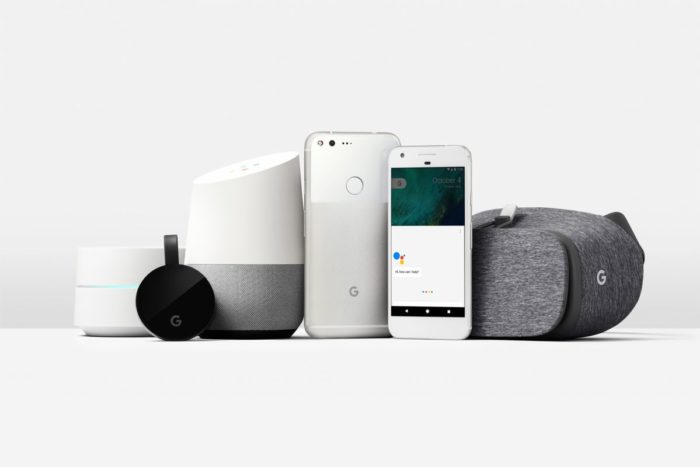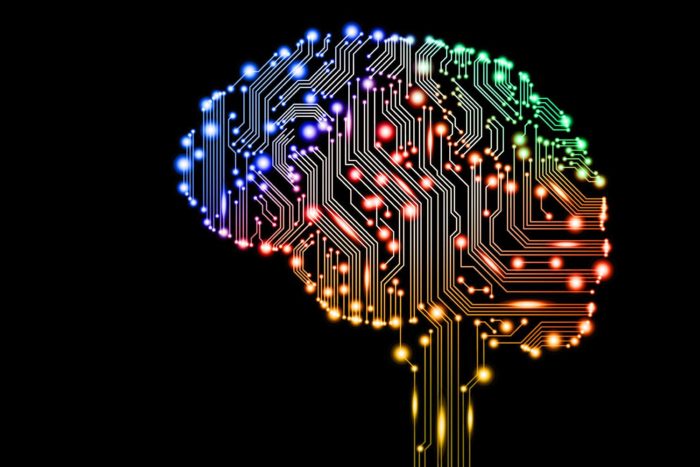Rest east copywriters, your jobs are safe. At least if Burger King’s new adverts are to be believed. Based on the experiment of Twitter genius, @KeatonPatti, Burger King has released a series of ads voiced by an ‘AI’. These mock adverts can only be described as ‘beautiful disasters’ with hilarious miscalculations like; ‘Gender reveal bad. Tender reveal young. It is a boy bird with crispy chicken tenders from Burger Thing’ and ‘The whopper lives in a bun mansion just like you. Order yourself today… Have it Uruguay.’
With digs like this at machine learning, it begs the question what is the future of AI and how will it impact SEO and the world at large.
More Time to Pen the Perfect Phrase

Content is a driving force for most web results. Search engine updates like Google’s RankBrain have become more adept at processing data and learning from the results. This means that blackhat SEO practices are a thing of the past as search engines become more nuanced in their understanding of a search query.
RankBrain, for example, uses an interpretation model to apply several factors to the search like location, personalisation and the search phrase.
SEO specialists and copywriters will have more freedom to create engaging copy. Writers will not be beholden to the number of keywords or the length of an article. Instead, originality and creativity will become the cornerstones of good content alongside understanding the needs of the audience.
Dynamic Adverts
After GDPR, data has become a hot topic. Sites collected information on users and could determine their interests and other personal information. With this advertisers targeted users. Yet, they could only do so retroactively. Ben Lamm addressed this in his article on AI advertising stating:
“Right now, we serve people ads based on where they’ve been. Advertising agencies gather a lot of data based on consumers’ history and profile and then guesstimate what they’ll want in the future. It rarely takes into account present needs. In a world when attention is both short and spread too thin, a mistimed ad is nothing more than a waste of space.”
As AI develops, adverts will be able to pre-empt the user’s needs on location, time, previous queries and other information to ensure the right advert is in front of the user at the right time. This is called a value-setting context and will help drive conversions by offering what the user wants at the exact moment.
Easy Website Set Up
Another benefit of AI development is easier website creation. There are countless platforms with various site options including themes, plugins, e-stores and more. An especially useful tool is the development of customer service. SMEs will not only be able to use AI for chasing leads, advertising, processing payments and delivery, but also any and all customer service needs. One of China’s biggest companies, Alibaba, is at the forefront of this sector. They have developed chatbots to provide customers with a personalised shopping experience. In time, these developments will trickle down to smaller companies and become easy plugins for SMEs and large companies alike.
Another reason for chatbots’ success is that they need no breaks so business becomes a 24 hour game with more reliance on machines.
The Age of Digital Assistants
Voice search is also on the rise. A quick look at the development of digital assistants like Amazon’s Echo series, Apple’s Siri and Google’s Assistant shows how homes and offices are becoming more reliant on AI. Forbes’ estimate that the sale of devices with Alexa software will reach the dizzying heights of $10 billion by 2020.
Whatever device, there is one overarching effect. The movement from written language to spoken language. Think about the average search for a local pizza restaurant. On a mobile device or PC, it might go along the lines of ‘Italian restaurant, Derby’. Nobody speaks like this though and Alexa is far more likely to understand phrases like ‘Where is the nearest Italian restaurant?’. Colloquial language, the use of adverbs like ‘where’, ‘why’, ‘how’, ‘what’ and ‘when’, and other conversational tools will become increasingly important as our fingers take a break from the keyboard.
Image and Video Intelligence
The old adage, a picture is worth a thousand words, has never been truer. Search engines have all leaned into the development of understanding images and video content, for one very good reason. People prefer to see something rather than read about it. A quick glance through how-to videos on YouTube will bring up everything from ‘How to load 35mm film into a camera’ to ‘How to get a promotion at work’. This means while copy is great for SEO at the moment, it may need to cede some space to multimedia as AI learns and becomes more skilled at identifying images and videos.
Becoming the Boss
Finally, AI can even start taking on the role of the boss with companies and recruitment agencies turning to AI tools to sort the wheat from the chaff CVs. Machines work without biases. This has seen companies employing an intelligent system to help find the best candidates, saves time, and ensures employees make the cut on merit.
The future of AI looks less and less like the hilarious Burger King ads and more like the shiny future of futuristic comic books. From mundane tasks to critical decisions, machine learning is increasing the speed at which AI understands our world and it is only a matter of time before it becomes an intrinsic part of SEO. We are always looking for ways to include AI in our digital campaigns and ensure the very best results. It’s time for companies to follow suit and incorporate AI before they get left behind.





